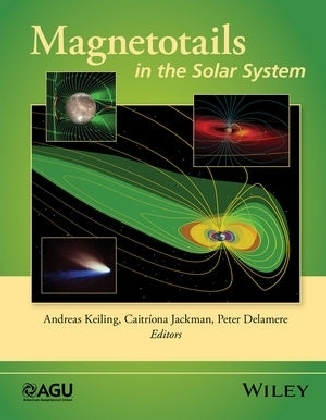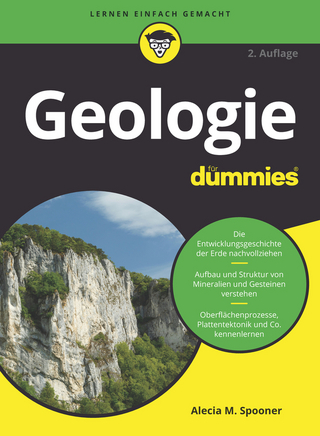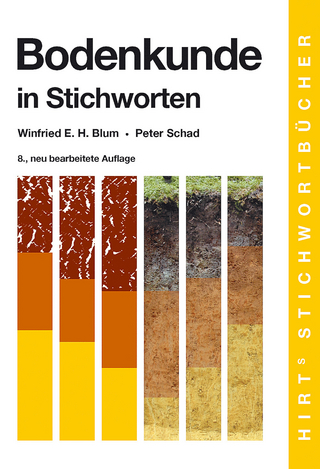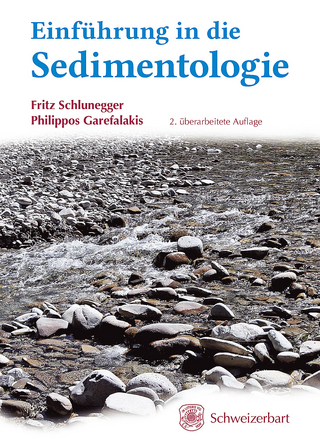
Magnetotails in the Solar System
American Geophysical Union (Verlag)
978-1-118-84234-8 (ISBN)
All magnetized planets in our solar system (Mercury, Earth, Jupiter, Saturn, Uranus, and Neptune) interact strongly with the solar wind and possess well developed magnetotails. It is not only the strongly magnetized planets that have magnetotails. Mars and Venus have no global intrinsic magnetic field, yet they possess induced magnetotails. Comets have magnetotails that are formed by the draping of the interplanetary magnetic field. In the case of planetary satellites (moons), the magnetotail refers to the wake region behind the satellite in the flow of either the solar wind or the magnetosphere of its parent planet. The largest magnetotail of all in our solar system is the heliotail, the “magnetotail” of the heliosphere. The variety of solar wind conditions, planetary rotation rates, ionospheric conductivity, and physical dimensions provide an outstanding opportunity to extend our understanding of the influence of these factors on magnetotail processes and structures.
Volume highlights include:
Discussion on why a magnetotail is a fundamental problem of magnetospheric physics
Unique collection of tutorials on a large range of magnetotails in our solar system
In-depth reviews comparing magnetotail processes at Earth with other magnetotail structures found throughout the heliosphere
Collectively, Magnetotails in the Solar System brings together for the first time in one book a collection of tutorials and current developments addressing different types of magnetotails. As a result, this book should appeal to a broad community of space scientists, and it should also be of interest to astronomers who are looking at tail-like structures beyond our solar system.
Andreas Keiling is an Associate Research Physcists with the Space Sciences Laboratory at the University of California-Berkeley. Dr. Keiling has held various visiting professorships. He has also served as lead convener for sessions at the American Geophysical Union, European Geophysical Union, and Chapman conferences. Catriona Jackson currently holds a Leverhulme Trust Early Career Fellowship and a Royal Astronomical Society Fellowship in the Department of Physics and Astronomy at University College London. Peter A. Delamere is an Associate Professor at the Geophysical Institute at the University of Alaska-Fairbanks.
Contributors vii Preface
Andreas Keiling, Caitríona Jackman, and Peter Delamereix
Section I: Introduction
1 Magnetotail: Unsolved Fundamental Problem of Magnetospheric Physics
Vytenis M Vasyliūnas 3
Section II: Tutorials
2 Mercury’s Magnetotail
T Sundberg and J A Slavin 23
3 Magnetotails of Mars and Venus
E Dubinin and M Fraenz 43
4 Earth’s Magnetotail
Robert L McPherron 61
5 Jupiter’s Magnetotail
Norbert Krupp , Elena Kronberg , and Aikaterini Radioti 85
6 Saturn’s Magnetotail
Caitríona M Jackman 99
7 Magnetotails of Uranus and Neptune
C S Arridge 119
8 Satellite Magnetotails
Xianzhe Jia 135
9 Moon’s Plasma Wake
J S Halekas, D A Brain and M Holmström 149
10 Physics of Cometary Magnetospheres
Tamas I Gombosi 169
11 Heliotail
David J McComas 189
Section III: Specialized Topics
12 Formation of Magnetotails: Fast and Slow Rotators Compared
D J Southwood 199
13 Solar Wind Interaction with Giant Magnetospheres and Earth’s Magnetosphere
P A Delamere 217
14 Solar Wind Entry Into and Transport Within Planetary Magnetotails
Simon Wing and Jay R Johnson 235
15 Magnetic Reconnection in Different Environments: Similarities and Differences
Michael Hesse, Nicolas Aunai, Masha Kuznetsova, Seiji Zenitani, and Joachim Birn 259
16 Origin and Evolution of Plasmoids and Flux Ropes in the Magnetotails of Earth and Mars
J P Eastwood and S A Kiehas 269
17 Current Sheets Formation in Planetary Magnetotail
Antonius Otto, Min-Shiu Hsieh, and Fred Hall IV 289
18 Substorms: Plasma and Magnetic Flux Transport from Magnetic Tail into Magnetosphere
Gerhard Haerendel 307
19 Injection, Interchange, and Reconnection: Energetic Particle Observations in Saturn’s Magnetosphere
D G Mitchell, P C Brandt, J F Carbary, W S Kurth, S M Krimigis, C Paranicas, Norbert Krupp, D C Hamilton, B H Mauk, G B Hospodarsky, M K Dougherty, and W R Pryor 327
20 Radiation Belt Electron Acceleration and Role of Magnetotail
Geoffrey D Reeves 345
21 Substorm Current Wedge at Earth and Mercury
L Kepko, K-H Glassmeier, J A Slavin, and T Sundberg 361
22 Review of Global Simulation Studies of Effect of Ionospheric Outflow on Magnetosphere-Ionosphere System Dynamics
M Wiltberger 373
Index 393
| Reihe/Serie | Geophysical Monograph Series |
|---|---|
| Sprache | englisch |
| Maße | 224 x 287 mm |
| Gewicht | 1383 g |
| Themenwelt | Naturwissenschaften ► Geowissenschaften ► Geologie |
| Naturwissenschaften ► Physik / Astronomie ► Astronomie / Astrophysik | |
| Naturwissenschaften ► Physik / Astronomie ► Elektrodynamik | |
| ISBN-10 | 1-118-84234-0 / 1118842340 |
| ISBN-13 | 978-1-118-84234-8 / 9781118842348 |
| Zustand | Neuware |
| Haben Sie eine Frage zum Produkt? |
aus dem Bereich


